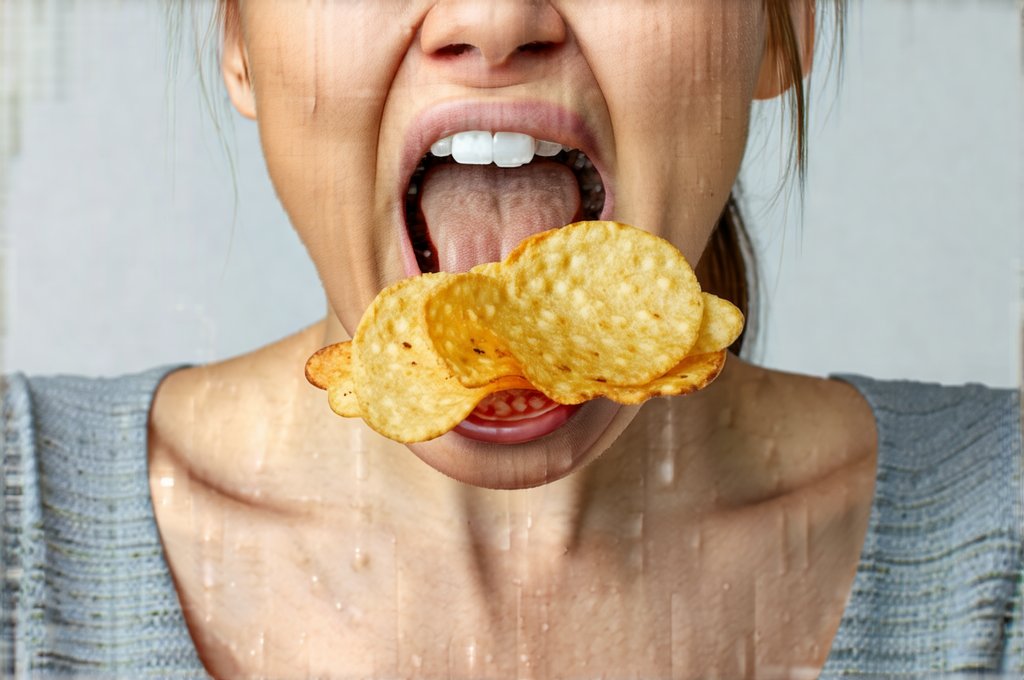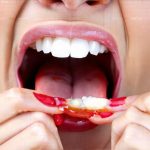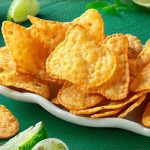The modern lifestyle often prioritizes speed and convenience, leading many to adopt “snacking on the go” as a common habit. From grabbing a quick energy bar between meetings to munching on chips during a commute, these portable bites have become integrated into our daily routines. However, this seemingly harmless practice can have significant repercussions for digestive health, primarily through its contribution to poor chewing habits and subsequent indigestion. We rarely pause to consider the fundamental act of mastication – how thoroughly we chew our food – and how crucial it is for initiating the entire digestive process. When meals are rushed or consumed while distracted, proper chewing often falls by the wayside, setting off a chain reaction that impacts nutrient absorption and overall well-being.
The problem isn’t necessarily what we snack on (though dietary choices certainly play a role), but how we consume it. Snacking “on the go” typically involves quick bites taken without mindful attention to texture or consistency. This means food enters our digestive system in larger, less processed pieces, requiring more effort from the stomach and intestines to break down. Over time, this can lead to bloating, gas, abdominal discomfort, and even more serious issues like acid reflux and irritable bowel syndrome (IBS). Recognizing the link between rapid eating, inadequate chewing, and compromised digestion is the first step toward fostering healthier habits and restoring optimal digestive function. Understanding irregular eating habits can also help to improve digestion.
The Connection Between Fast Snacking & Poor Chewing
The act of chewing isn’t simply about breaking down food into smaller pieces; it’s a vital part of the digestive process that begins in the mouth. Saliva, released during mastication, contains enzymes like amylase which start to break down carbohydrates. Chewing also signals the stomach to prepare for incoming food and stimulates the production of gastric juices necessary for further digestion. When we rush through snacks, bypassing this preparatory stage, our digestive system is immediately overloaded. – This leads to incomplete breakdown of food particles. – It reduces nutrient absorption. – And it puts undue stress on the entire gastrointestinal tract. Essentially, we’re asking our bodies to do more work with less preparation.
Furthermore, the speed at which we eat influences how well we perceive satiety signals. The brain needs time to register fullness, and this information travels from the stomach to the brain relatively slowly. When we eat quickly, these signals are often missed, leading to overeating and potential weight gain. Snacking on-the-go often exacerbates this issue because it’s frequently done mindlessly – while scrolling through social media, driving, or working. This disconnect between physical intake and mindful awareness further diminishes our ability to recognize when we’re truly full. The result is a vicious cycle of rapid consumption, poor digestion, and potentially unhealthy eating patterns. It’s important to know symptoms of indigestion so you can address them promptly.
The texture of on-the-go snacks also contributes to the problem. Many popular portable options – chips, crackers, granola bars – are dry and require minimal chewing effort compared to whole foods like fruits or vegetables. This further reinforces lazy chewing habits and reduces stimulation of the digestive system. Over time, this can even lead to a decrease in jaw strength and reduced efficiency of mastication, making it harder to thoroughly chew even more substantial meals.
The Digestive Cascade: From Poor Chewing to Indigestion
When food enters the stomach inadequately chewed, several issues arise. Firstly, larger particles require significantly more effort from the stomach muscles to break down. This can lead to prolonged digestion times and increased pressure within the digestive system, potentially causing bloating and discomfort. Secondly, incomplete breakdown of carbohydrates increases fermentation in the gut, leading to gas production and abdominal distension. Thirdly, undigested food particles can irritate the intestinal lining, triggering inflammation and contributing to symptoms associated with IBS or other digestive disorders.
The consequences extend beyond immediate discomfort. Poor chewing can also impair nutrient absorption because essential vitamins and minerals are locked within the cellular structure of food. Without proper breakdown, these nutrients remain inaccessible to the body. This can lead to deficiencies over time, impacting energy levels, immune function, and overall health. Moreover, an overworked digestive system diverts energy away from other vital bodily functions, leaving you feeling fatigued and sluggish.
The gut microbiome – the community of bacteria residing in our intestines – also suffers when digestion is compromised. Undigested food serves as fuel for undesirable bacterial strains, disrupting the delicate balance within the gut ecosystem. This imbalance can lead to further digestive issues and potentially impact mental health, immune function, and even chronic disease risk. It’s important to consider microbiome safe travel snacks.
Reclaiming Mindful Eating Habits
Breaking the cycle of fast snacking and poor chewing requires conscious effort and a commitment to mindful eating practices. Here are some steps you can take:
- Slow Down: Consciously reduce your eating speed. Try setting a timer for 20-30 minutes per meal and aim to stretch it out.
- Chew Thoroughly: Focus on chewing each bite until it reaches a near liquid consistency before swallowing. This may feel awkward at first, but with practice, it becomes more natural.
- Eliminate Distractions: Turn off the TV, put away your phone, and find a quiet space where you can focus solely on your food.
- Choose Whole Foods: Opt for snacks that require more chewing effort, such as fruits, vegetables, nuts, and seeds.
Incorporating Chewing Exercises
Strengthening jaw muscles and improving mastication efficiency can be achieved through simple exercises:
- Gum Chewing: Regularly chewing sugar-free gum can help strengthen jaw muscles.
- Jaw Stretches: Gently open and close your mouth in a wide range of motion, stretching the jaw muscles.
- Conscious Mastication Practice: During meals, focus intently on the act of chewing, paying attention to the texture and consistency of the food as it breaks down.
Prioritizing Meal Timing & Portion Control
Beyond chewing habits, meal timing and portion sizes also play a crucial role in digestive health. – Avoid eating large meals right before bedtime. – Aim for smaller, more frequent meals throughout the day. – Pay attention to your hunger cues and stop eating when you feel satisfied, not overly full. These adjustments can alleviate pressure on the digestive system and promote optimal function. Consider evening eating habits to reduce indigestion. By integrating these strategies into our daily routines, we can reclaim mindful eating habits and mitigate the negative consequences of snacking on-the-go, fostering a healthier relationship with food and improving overall well-being. Knowing which protein sources are easier on the stomach can also help. Understanding how long-term indigestion can affect your esophagus is important too. Finally, be mindful of the impact of frequent snacking on your digestive system.


















